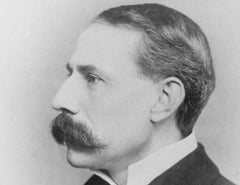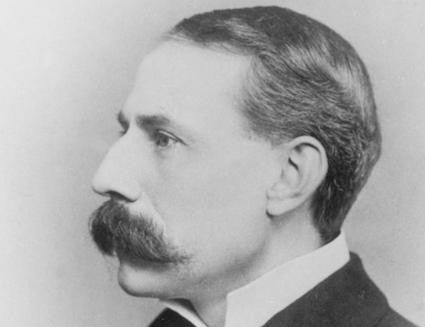 Sir Edward William Elgar (1857-1934) was an English composer who wrote pieces such as Pomp and Circumstance Marches, Enigma Variations, and The Dream of Gerontius.
Sir Edward William Elgar (1857-1934) was an English composer who wrote pieces such as Pomp and Circumstance Marches, Enigma Variations, and The Dream of Gerontius.
One of his more famous pieces is the Cello Concerto in E minor, Op85, which was composed in 1919 near Fittleworth, Sussex.
The main theme was composed shortly after having his tonsils removed at the age of 61. He awoke from sedation, asked for a pencil and paper and began composing what would later be the opening theme of the cello concerto. The following year he started and finished the cello concerto. The piece is divided into four movements, Adagio-Moderato, Lento- Allegro, Adagio, and Allegro-Moderato.
The world premiere of the Cello Concerto was a failure, as Albert Coates, conductor of the bulk of the performance (Elgar conducted his contribution), overran his rehearsal time at the expense of Elgar's. Lady Elgar wrote, "that brutal selfish ill-mannered bounder ... that brute Albert Coates went on rehearsing." The critic for The Observer, Ernest Newman, wrote, “There have been rumors about during the week of inadequate rehearsal. Whatever the explanation, the sad fact remains that never, in all probability, has so great an orchestra made so lamentable an exhibition of itself. ... The work itself is lovely stuff, very simple – that pregnant simplicity that has come upon Elgar's music in the last couple of years – but with a profound wisdom and beauty underlying its simplicity.”
The piece did not gain recognition until 1967 when famous English cellist Jacqueline du Pré (1945-1987) recorded it with The London Philharmonic, conducted by husband Daniel Barenboim. Her interpretation of the piece is portrayed as widely recognized as a legendary performance. Following the recording, Russian cellist Mstislav Rostropovich was said to have removed the piece from his repertoire saying, “My pupil Jacqueline du Pré, played it much better than I”



Leave a comment